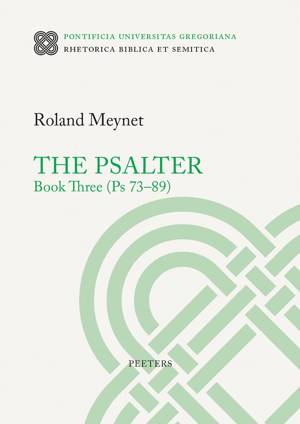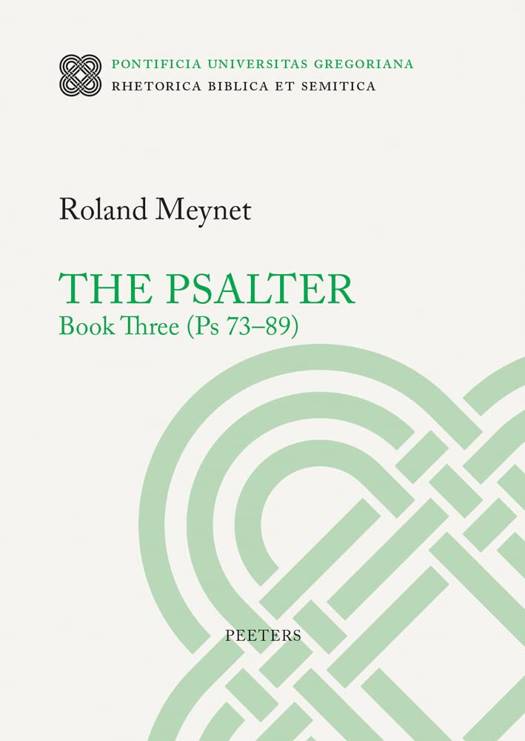
- Retrait gratuit dans votre magasin Club
- 7.000.000 titres dans notre catalogue
- Payer en toute sécurité
- Toujours un magasin près de chez vous
- Retrait gratuit dans votre magasin Club
- 7.000.0000 titres dans notre catalogue
- Payer en toute sécurité
- Toujours un magasin près de chez vous
Description
The third book of the Psalter is considerably shorter than the first book and especially than the fifth book. Nevertheless, its seventeen psalms form a composition which is not at all inferior to that of the other two books. The general tone of the book is extremely dark. There are only complaints, supplications and anguished questions: "Why?", "How long?" And the answers given to these questions do not seem to console the unfortunate. If they are in distress and anguish, it is their fault. They pay the price for their sins (Ps 78 & Ps 89). Having betrayed the covenant at the time of the exodus, having repeated it at the time of the Davidic monarchy, they are now left to the violence and oppression of their enemies. The voice of the Servant is heard crying out at the centre of the first book: "My God, my God, why have you forsaken me?" (Ps 22:2). However, Ps 22 does not end in the grave. The psalmist is saved from the lion's mouth and can say: "I will recount your name to my brothers, and in the midst of the assembly I will praise you" (22:23) and even: "all the families of the nations will bow down before you" (22:28). Likewise, there are three psalms in the third book where praise resounds, each of them is found in a strategic position. At the centre of the first sequence of the initial section (Ps 75) with all his people the psalmist gives thanks seeing that the Lord is pronouncing judgment on the arrogant and he rejoices that soon he will be able to cut off their horns. At the centre of the central section (Ps 81), a fervent call to praise celebrating the exodus from Egypt precedes a lengthy speech by God promising new liberation from the present enemies and their conversion. Finally, at the centre of the first sequence of the final section, David in his misery and lament confirms the conversion of the Gentiles: "All the nations which you have made will come and will bow down to your face, O Lord, and will give glory to your name" (86:9). Like the servant in Ps 22, the people and their king had to pass through death so that the light of revelation could reach all the ends of the earth.
Spécifications
Parties prenantes
- Auteur(s) :
- Editeur:
Contenu
- Nombre de pages :
- 269
- Langue:
- Anglais
- Collection :
- Tome:
- n° 35
Caractéristiques
- EAN:
- 9789042947924
- Date de parution :
- 31-12-21
- Format:
- Livre broché
- Format numérique:
- Trade paperback (VS)
- Dimensions :
- 170 mm x 240 mm
- Poids :
- 8659 g

Les avis
Nous publions uniquement les avis qui respectent les conditions requises. Consultez nos conditions pour les avis.






